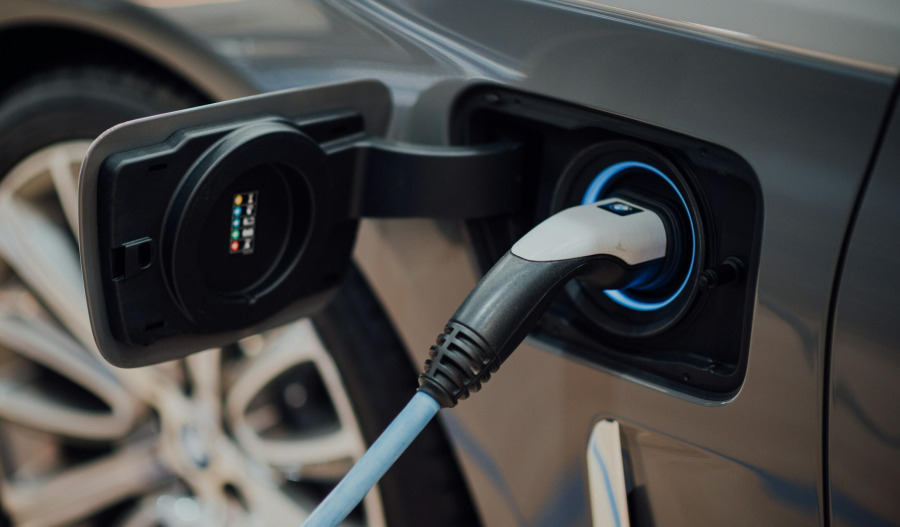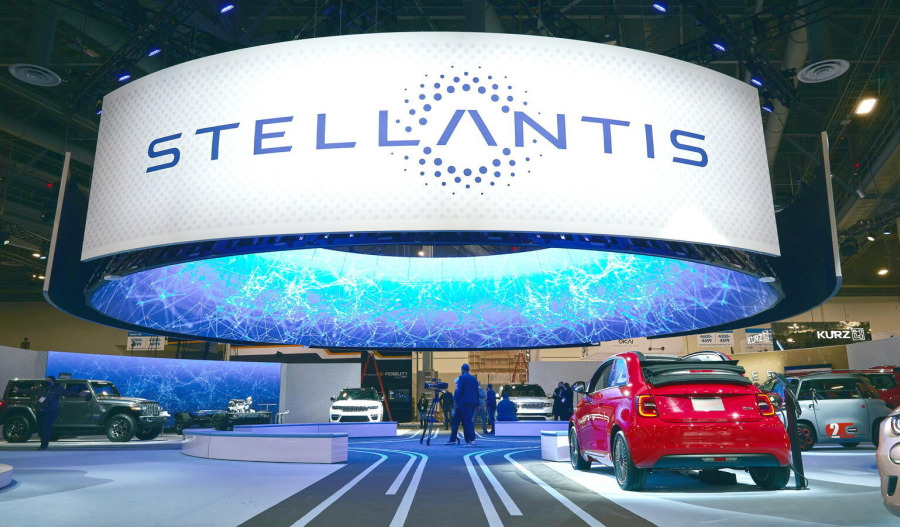A long-running purple patch is well and truly over for German sports car manufacturer Porsche as it posted its first-ever quarterly operating loss of €966 million (A$1.71 billion) in the third quarter, marking a dramatic reversal from the €974 million profit recorded in Q3 last year.
The deficit, which exceeded analyst expectations of €611 million, signals deepening troubles across Europe's automotive sector, as manufacturers grapple with United States tariffs, collapsing Chinese demand, and costly strategic retreats from electric vehicle commitments.
A perfect storm
The company expects ~€700 million in losses from U.S. import duties this year alone, while expenses related to its rollback of EV expansion announced last month added significantly to third-quarter costs.
Porsche CFO Jochen Breckner warned that "large-scale solutions" were needed in ongoing restructuring negotiations with labour representatives.
“We expect 2025 to be the trough that precedes a noticeable improvement for Porsche from 2026 onwards.”
For the full year, the carmaker anticipates a €3.1 billion hit to earnings from its EV strategy overhaul, the decision to scrap in-house battery production, and restructuring costs.
Operating profit for the first nine months plummeted 99% to just €40 million, down from over €4 billion in the previous year.
The 2025 dividend will be "significantly" below the €2.31 per preferred share paid for 2024, Breckner confirmed.
Industry-wide contagion
Similar problems are affecting carmakers across the continent. Stellantis, owner of Jeep and Dodge, reported a €2.3 billion loss for the first half of 2025, blaming U.S. levies and slower EV adoption than anticipated.
Mercedes-Benz and BMW both withdrew or suspended their guidance amid what the Stuttgart-based manufacturer described as volatility "too high to reliably assess" business development.
The two German automakers, along with Volkswagen Group, experienced first-quarter profit declines of 41%, 25%, and 37% respectively.
Volvo pulled its guidance entirely and announced plans to slash costs by nearly US$2 billion, joining the growing list of European manufacturers struggling with the North American market.
China factor
Weak demand in the world's largest auto market, particularly in the luxury vehicle segment, compounds the pressure - Porsche's sales in China continue to sink amid a relentless price war with domestic EV manufacturers led by BYD.
The Stuttgart carmaker saw sales fall 27% in the Middle Kingdom in the third quarter, while luxury sedans with internal combustion engines find little traction in a market increasingly dominated by local brands.
Chinese producers now manufacture 70% of the world's EVs.
Ford CEO Jim Farley recently confessed that Chinese EVs are a decade ahead in technology and efficiency, while BYD's aggressive pricing strategy - with models starting at just $7,780 - has triggered a "race to the bottom" that legacy European manufacturers cannot match.



